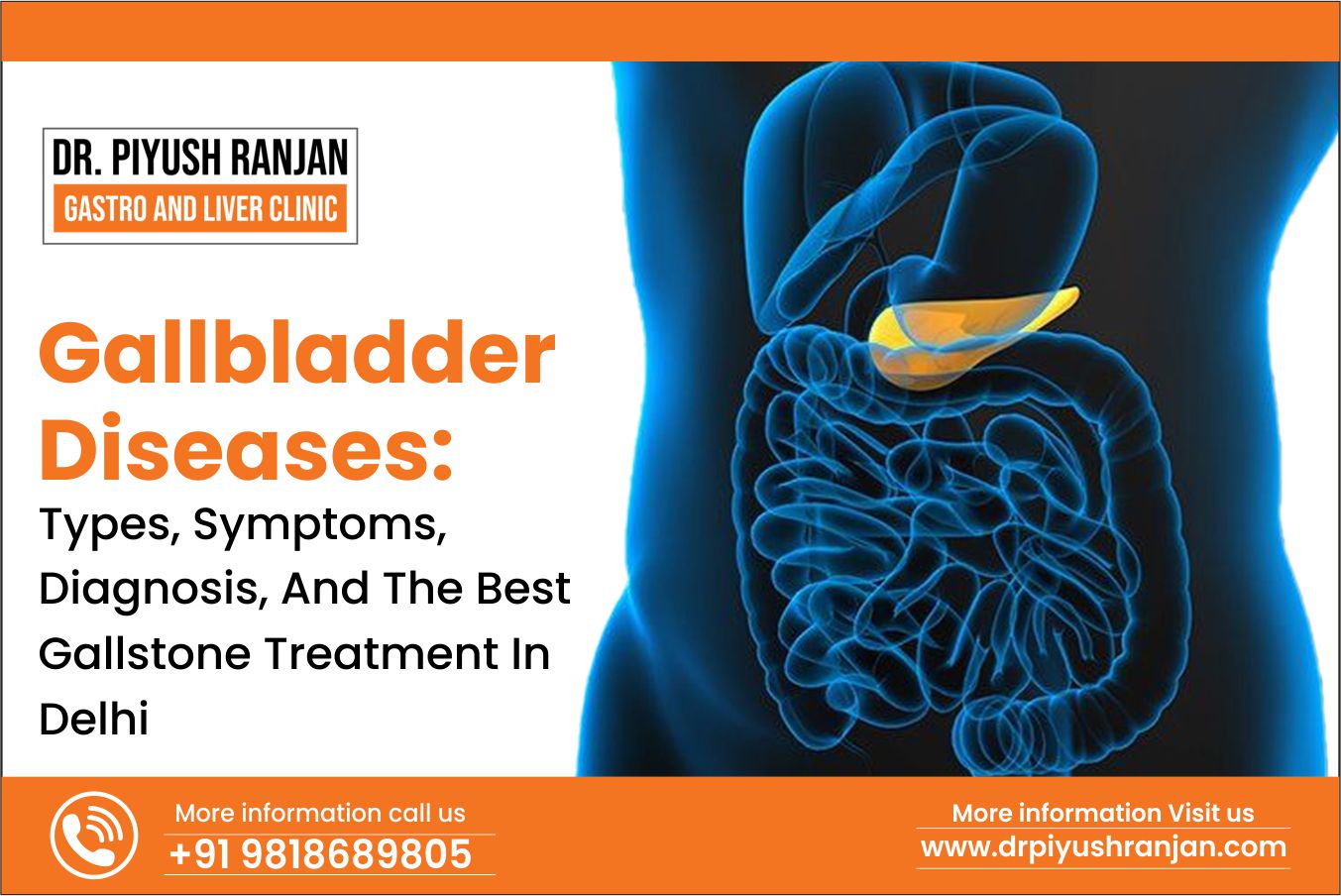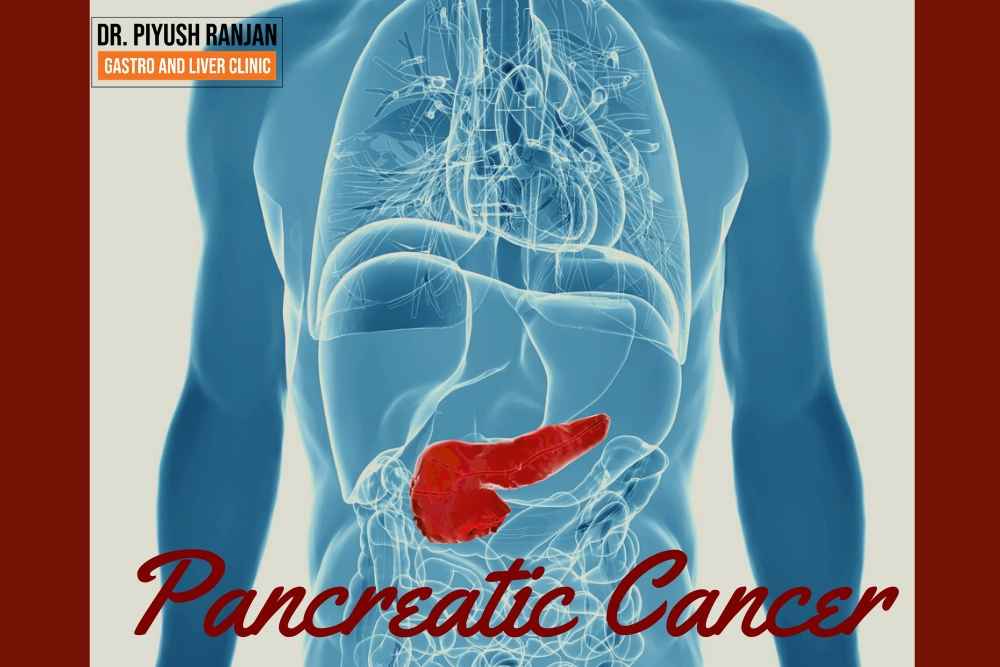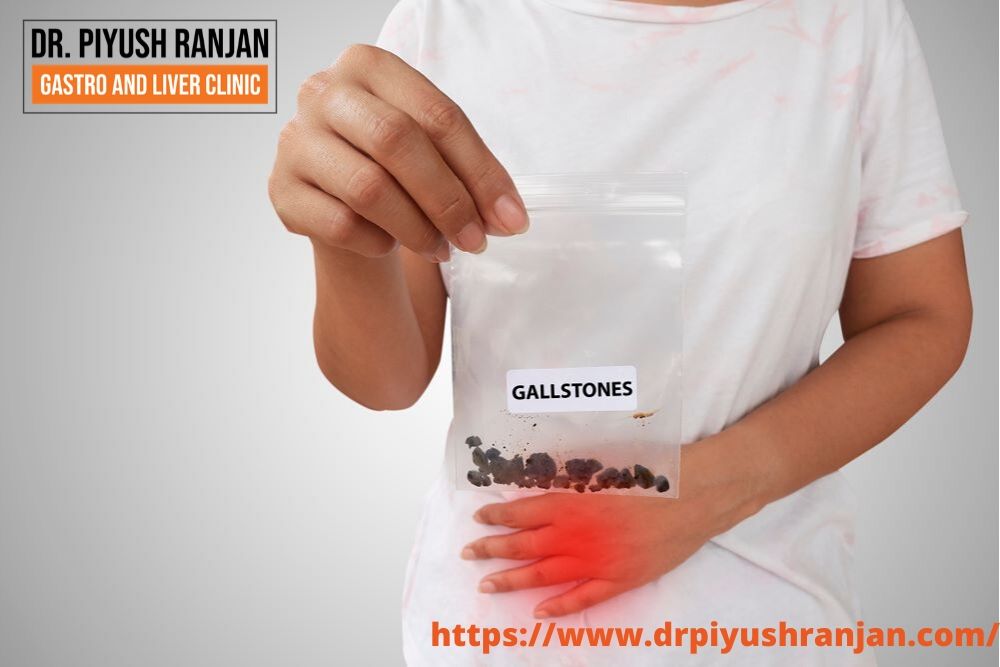What are the functional gastrointestinal disorders?
Functional disorders are those in which the gastrointestinal tract does not work properly but looks normal. They are one of the commonest problems affecting the gastrointestinal tract. People can experience a variety of symptoms that include vomiting, bloating, constipation, diarrhea, etc.
These disorders are characterized by persistence and recurring GI symptoms. They can affect the esophagus, bile duct, intestines, and stomach. Since they are not structural or biochemical abnormalities many routine tests fail to diagnose them.
There are three primary features of functional GI disorders.
Motility: In FGIDs, the motility is abnormal. Motility is the muscular activity of the gastrointestinal tract.
Sensation: Sensation is how the GI nerves respond to the stimuli. In functional gastrointestinal disorders, the nerves of the GI tract are so sensitive that even normal contractions can bring pain or some sort of discomfort.
Brain-gut dysfunction: The conduit between gut and brain function is impaired in functional GI disorders.
Many factors may affect the gastrointestinal tract and its mobility. Some of the major causes include:
• Not getting enough exercise
• Regular changes in routine
• Eating a low fiber diet
• Stress
• Overuse of laxatives
• Having antacid medication that contains aluminum and calcium
• Pregnancy
• Having dairy products in large quantities
• Resisting the urge to have a bowel movement
• Taking antidepressants, iron pills, etc.
• Insufficient intake of water
Though more than 20 functional GI disorders have been identified, the most common type of functional GI disorder is irritable bowel syndrome (IBS).
What is Irritable Bowel Syndrome?
Irritable Bowel Syndrome (IBS) or Irritable Bowel Disease is a chronic, long-term gastrointestinal disorder. It causes bloating, abdominal pain, mucus in stools, irregular bowel habits, and alternating constipation and diarrhea.
People having IBS suffer from persistent discomfort but most of them do not experience severe complications. IBS can be of four types:
• IBS-C: This is IBS with constipation
• IBS-D: This is IBS with diarrhea
• IBS-M: Some people can have an alternating pattern of diarrhea and constipation
• IBS-U: Those who do not fit into any of the other categories are called unsubtyped IBS.
Causes of Irritable Bowel Syndrome
The mental and emotional state of a person has a huge impact. People who have had a traumatic experience have a higher risk of suffering from IBS. Hormonal changes also play a part. For example, at the time of menstruation, the symptoms are more severe in women. Infections can also trigger IBS. Other factors that are involved in IBS include
• Genetic factors
• Hormones
• An unusual response to infection
• An inability of the Central Nervous System to control the digestive system
• Digestive organs being sensitive to pain
• A malfunction in the muscles that move food through the body
• Stress
Symptoms of Irritable Bowel Syndrome
People suffering from IBS can have symptoms that include:
• Diarrhea
• A lot of bloating or gas
• Thin or Hard stools
• Swelling of the abdomen
• Constipation
• Belly cramps in the lower half
• Mucus in the stool
Functional GI Disorders Treatment
The treatment for GI disorders is possible and is generally uncomplicated. If you are in Delhi you can get the best gastro doctor in Delhi for your treatment. Once it is known what exactly is causing your symptoms a customized plan can be made to treat your disorder. The treatment usually includes the following:
Medications
Many medicines are available that can treat some functional GI problems. These medications can reduce acid production, regulate the motility of the digestive tract, ease internal spasms or treat pain. Antidepressants can be given to decrease chronic GI pain. Antispasmodics can help decrease spasms in the GI tract. Pro-motility agents help accelerate the motility of the GI tract. Anti-diarrheals and laxatives can be given to cure diarrhea. These medications can be given to patients depending on their symptoms. A gastro doctor can match you with the medication that is best suited to you.
Stress Management
Stress can be a terrible thing and can worsen many digestive symptoms. Therefore, stress management and lifestyle optimization techniques are undertaken for overall wellness. Therapies can be done to reduce stress, promote relaxation and ultimately relieving your symptoms.
Self-care
Eating a high fiber diet, doing physical exercise and improving mental health can reduce the symptoms drastically. Relaxation techniques such as yoga and meditation also help.
Dietician Counseling
A gastroenterologist or a dietician can work out a diet containing food that helps you and informs you about food that you should avoid.
Therapies
Cognitive-behavioral therapy, biofeedback, and psychotherapy can be taken up that focuses on specific goals.
Specialists
Counseling sessions from Gastroenterologist and Primary Care Provider (PCP) can be taken up by patients suffering from GI disorders.




